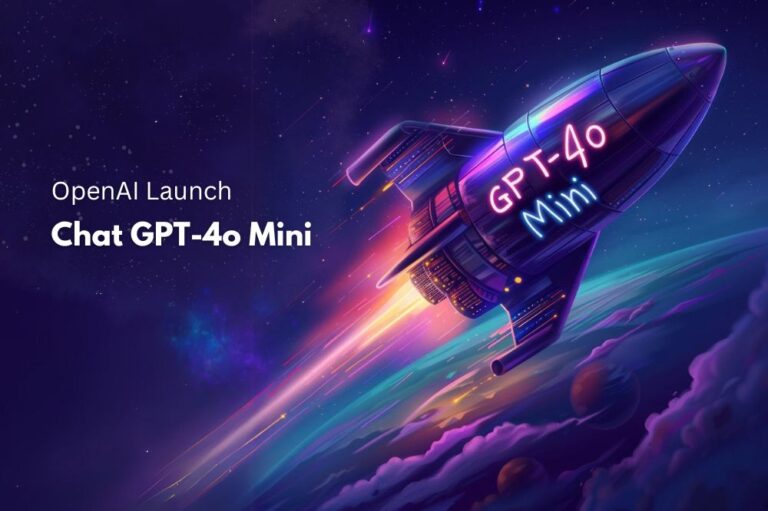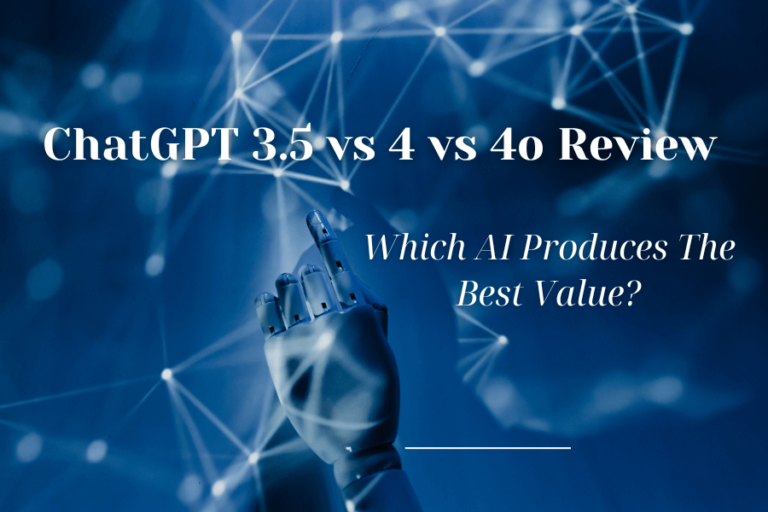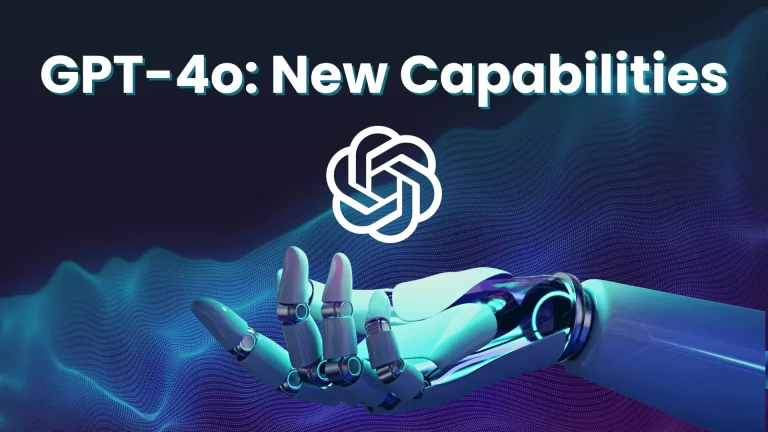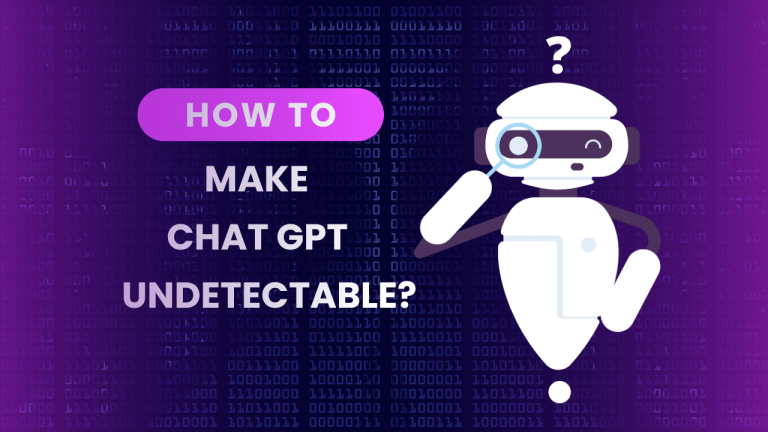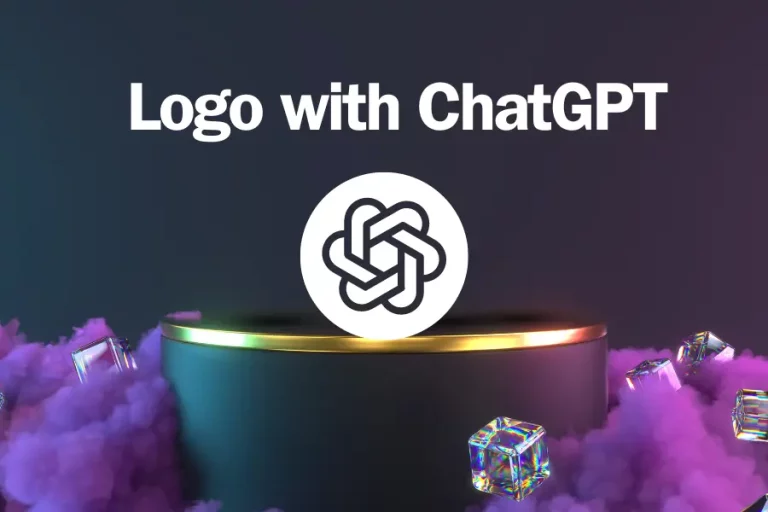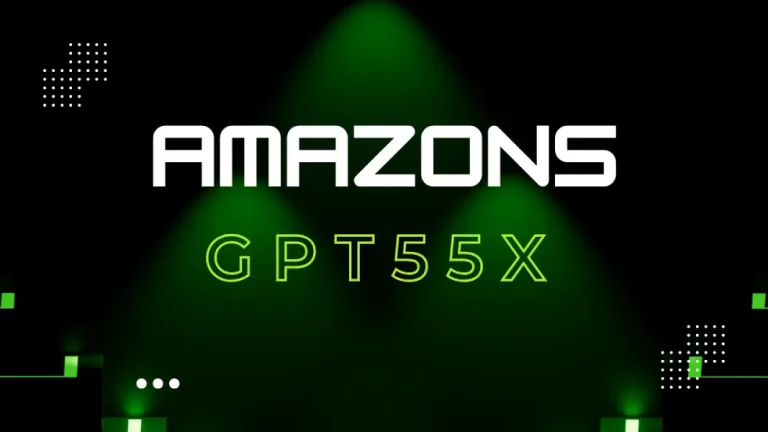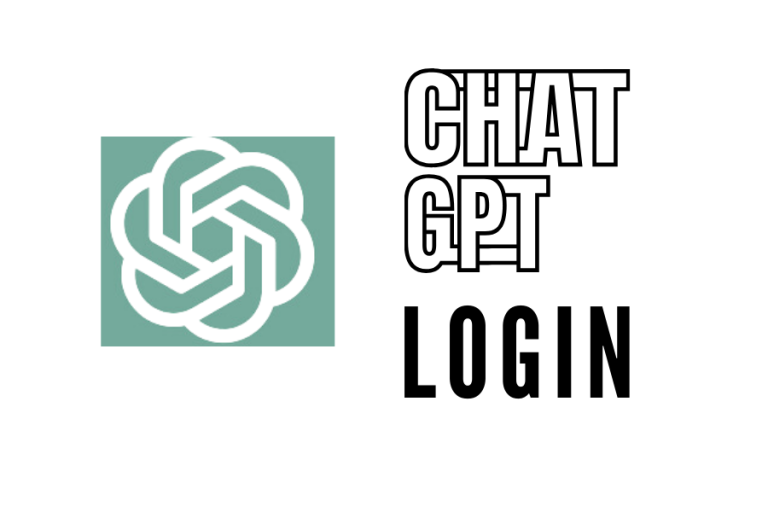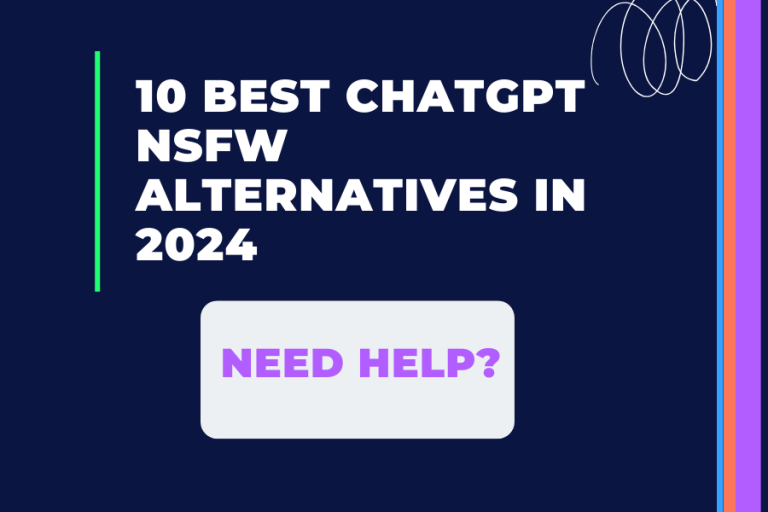Does ChatGPT Give the Same Answers? – Fact or Fiction
In our exploration of AI chatbots, we’ve delved into ChatGPT, a remarkable creation by OpenAI. Many of our readers have pondered, ‘Does ChatGPT consistently offer identical answers?‘ To shed light on this, it’s essential to understand that ChatGPT, powered by advanced GPT-3 and GPT-4 technologies, crafts responses that aren’t pre-determined.
Interestingly, while it’s capable of generating human-like answers across diverse topics, it doesn’t necessarily provide the same response to every user. The nuances in its replies often hinge on the specific prompts given
What is ChatGPT and How Does It Function?
It’s crucial to first understand what ChatGPT is and its underlying mechanics.
Understanding ChatGPT
ChatGPT, developed by OpenAI, is a state-of-the-art language model that utilizes deep learning techniques. It’s designed to understand and generate human-like text based on the input it receives. The model is trained on vast amounts of data, enabling it to provide relevant and coherent responses.
Did You Know?
ChatGPT is a part of the GPT (Generative Pre-trained Transformer) series, which has seen multiple versions, each more advanced than the previous.
How ChatGPT Functions
The magic behind ChatGPT lies in its architecture and the sheer amount of data it’s trained on. Here’s a simplified breakdown of its functioning:
- Input Processing: ChatGPT takes in a string of text as input.
- Context Understanding: The model analyzes the context and intent behind the input.
- Response Generation: Based on its training, ChatGPT generates a relevant response.
Throughout this process, the model leverages its understanding of language semantics, grammar, and context, ensuring the output is as human-like as possible.
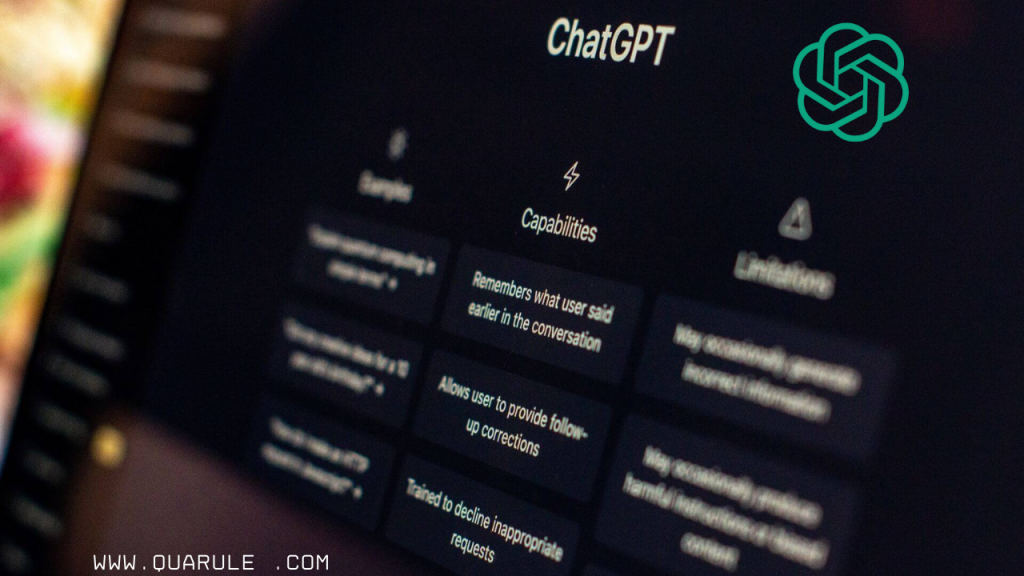
Read more: How to Make ChatGPT Write Longer
Does ChatGPT Give Different Answers to The Same Question?
No, ChatGPT does not churn out identical answers for every identical query. While it’s true that similar questions might yield similar answers, the exact wording can differ based on several factors:
Variability in Responses
- User’s Communication Style: ChatGPT adapts its tone and language to resonate with the user’s style. For instance, a formal query might receive a formal response, while a casual question could get a more relaxed reply.
- Contextual Information: The context in which a question is asked plays a pivotal role. A vague question might get a generalized answer, while a detailed one can receive a more tailored response.
The Role of Training Data
The backbone of ChatGPT’s responses lies in its training data. The vast amount of information it’s trained on determines the quality and accuracy of its answers. However, like any model:
- Biases Exist: If the training data has biases, ChatGPT’s answers might reflect them.
- Accuracy Matters: Inaccurate information in the training data can lead to less accurate responses.
Language, Tone, and Nuance
ChatGPT’s design aims to mimic human-like text generation. This means:
- Language Adaptability: The model adjusts its language based on the input.
- Tonal Variations: The tone of the answer can vary based on the tone of the question.
Read more: How to Get ChatGPT Faster Response
Is ChatGPT Always Accurate in Its Responses?
No, it’s essential to acknowledge that ChatGPT is not 100% accurate. Like any other AI model, it has its limitations. While it’s trained on vast amounts of data, there’s always a possibility of the AI generating nonsensical answers or what experts term as “hallucinations.”
How Can We Enhance ChatGPT?
We’ve identified several ways to refine ChatGPT, ensuring it remains at the forefront of conversational AI.
Diversifying Training Data
A fundamental way to bolster ChatGPT’s capabilities is by feeding it more diverse and accurate training data. By doing so, we can:
- Increase Accuracy: Diverse data can lead to more precise responses.
- Broaden Knowledge Base: Expanding the range of topics the model can address.
- Reduce Biases: Ensuring the AI doesn’t inadvertently perpetuate stereotypes.
The Advent of GPT-4
OpenAI’s recent unveiling of GPT-4 has set the AI community abuzz. Touted as a significant leap in AI technology, GPT-4 promises to redefine our understanding of chatbots. Some of the standout features of GPT-4 include:
| Feature | Description |
|---|---|
| Word Limit | Can handle up to 25,000 words of text, an 8-fold increase from ChatGPT’s capabilities. |
| Web Link Processing | Ability to process text directly from a web link, expanding its utility across applications. |
| Contextual Understanding | Enhanced ability to grasp context and tone, ensuring more accurate responses. |
ChatGPT-4 Subscription
For those keen on leveraging the full potential of ChatGPT, OpenAI offers “ChatGPT Plus” at USD 20/month. This premium subscription ensures:
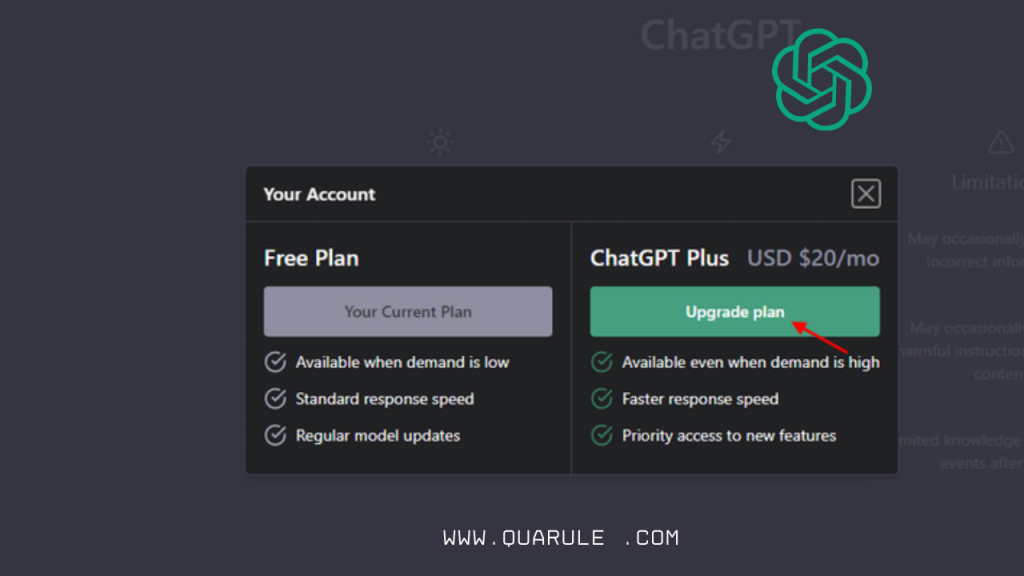
- Full Feature Access: Unlocks all ChatGPT features.
- Priority Service: Guarantees availability even during peak demand.
- Faster Responses: Reduced waiting time for answers.
- Access to New Features: Stay updated with the latest enhancements.
To avail of this, one simply needs to navigate to their dashboard and select ‘Upgrade to Plus‘.
Conclusion
It’s evident that ChatGPT stands as a pinnacle in the realm of artificial intelligence. This state-of-the-art AI tool consistently delivers precise and relevant responses to a myriad of queries. Our team has observed that while the outcomes from ChatGPT can be influenced by factors such as context, linguistic nuances, and its foundational training data, the results are predominantly on point and invaluable.

